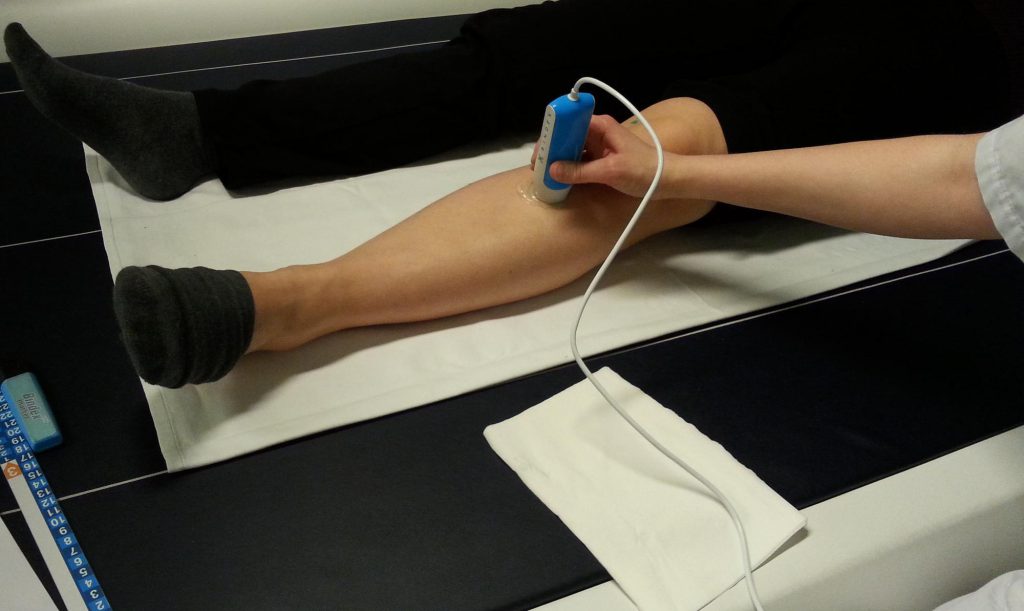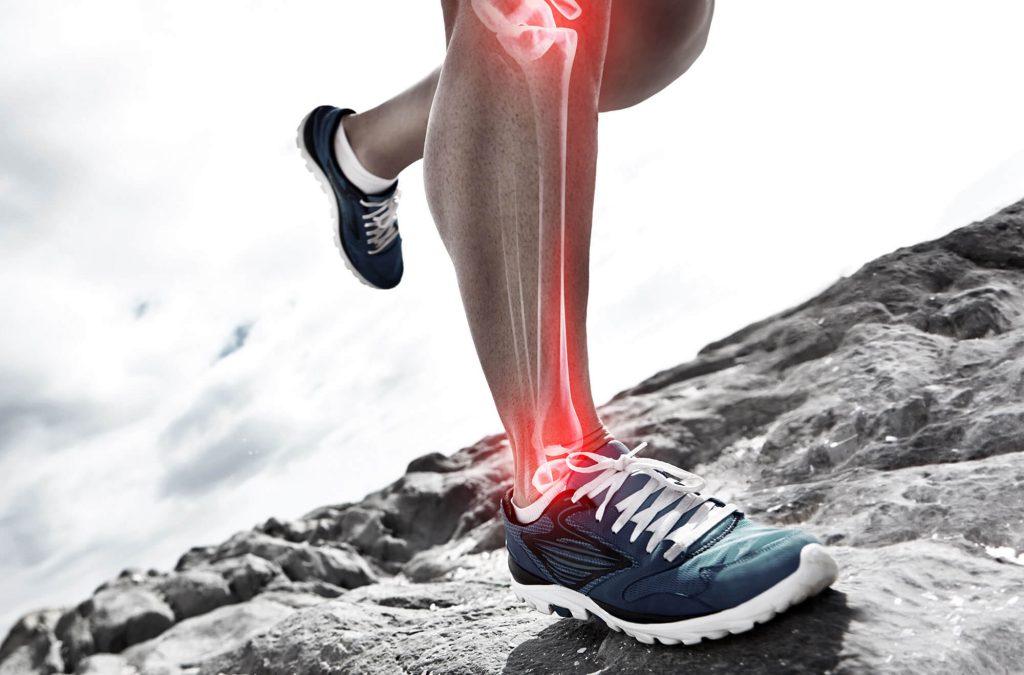Vitamin D Deficiency Testing
The human body uses Vitamin D to build and maintain bones, fight infection, keep the muscles functioning properly, and many other ways that researchers are just now starting to understand. Vitamin D also works in conjunction with magnesium, vitamin K, zinc, and other elements to ensure these elements are absorbed and available to the body.
A vitamin D screening is simple and fasting is not required.
About Vitamin D
Vitamin D is critical to many functions of the human body, including bone health, fighting infection, helping the cardiovascular system operate, and ensuring that muscles work properly. Studies have also linked vitamin D deficiency to depression and cognitive function, potentially even playing a role in the development of Alzheimer’s Disease.3
The recommended daily intake of vitamin D varies by age, but for adults between the ages of 19 and 70, it is 600 IU (international units) per day. It is almost impossible to get enough Vitamin D from food alone, because not many foods have naturally occurring vitamin D. Some that do are fatty fish (like salmon), egg yolks, soy milk, and cow’s milk that has been fortified with vitamin D.
Vitamin D is one of the only vitamins that your body can actually make, which it does when you expose your bare skin to the sun. Vitamin D is also available by taking vitamin supplements. Vitamin D is fat-soluble, which means that the body cannot get rid of excess Vitamin D in the body. For this reason, before you start taking vitamin supplements, discuss it with your personal physician.
Vitamin D is not only important by itself to help the body perform basic functions, but it also works with other vitamins and minerals to ensure that they work properly:
- Vitamin D and Vitamin K work together to moderate the levels of calcium in your blood and route calcium to your bones, where calcium is needed to make bones strong and provide calcium stores for the body to use when needed.
- Magnesium helps the body convert sunshine into Vitamin D, ensuring adequate levels are present in the blood. Research has indicated that people with vitamin D deficiency often have magnesium deficiency as well.1
- Zinc and Vitamin A work to help your body absorb vitamin D into the cells.2
Vitamin D Blood Test Details
The vitamin D test uses with a simple, finger-stick blood sample, and fasting prior to the test is not necessary.
Your results will use the measurement of ng/ml, which is nanograms of Vitamin D for each milliliter of blood, and the report will indicate if your vitamin D level is considered abnormal low, normal, or abnormal high. Medical standards dictate that vitamin D levels between 30-100 ng/ml are in the normal range. Abnormal low vitamin D levels are results that are less than 30 ng/ml; abnormal high is anything above 100 ng/ml. Your report will also make a recommendation to follow up with your personal physician if necessary.
Risk Factors for Vitamin D Deficiency
People who fall into any of the groups described below should consider a vitamin D deficiency test:
- People who do not get very much exposure to sunlight
- People who have darker skin (because their skin absorbs less sunlight)
- Adults age 50 and above, because the body gets less efficient at making vitamin D as it ages
- Vegans and other people on restricted diets
- People who are obese
Who should get a Vitamin D blood test?
A vitamin D deficiency test is appropriate for anyone over age 21. Those who are at higher risk for a Vitamin D deficiency fall into these categories, and should seriously consider monitoring their vitamin D level:
- People who do not get very much exposure to sunlight
- People who have darker skin (because their skin absorbs less sunlight)
- Adults age 50 and above, because the body gets less efficient at making vitamin D as it ages
- Vegans and other people on restricted diets
- People who are obese
Ages
All adults age 21+ and especially people with any of the risk factors listed above should consider getting a vitamin D screening.
Frequency
Vitamin D testing should be done annually, especially for people in the groups at higher risk for vitamin D deficiency.
Schedule this Screening
*Screening availability may be limited by location.
Relevant Tests
References
1. Magnesium, vitamin D status and mortality: results from US National Health and Nutrition Examination Survey (NHANES) 2001 to 2006 and NHANES III, August 2013, https://bmcmedicine.biomedcentral.com/articles/10.1186/1741-7015-11-187
2. Wan LY, Zhang YQ, Chen MD, et al. Relationship of structure and function of DNA-binding domain in vitamin D receptor. Molecules 2015;20(7):12389-12399.
3. Banerjee A, Khemka VK, Ganguly A, Roy D, Ganguly U, Chakrabarti S. Vitamin D and Alzheimer’s Disease: Neurocognition to Therapeutics. Int J Alzheimers Dis. 2015;2015:192747. doi:10.1155/2015/192747


